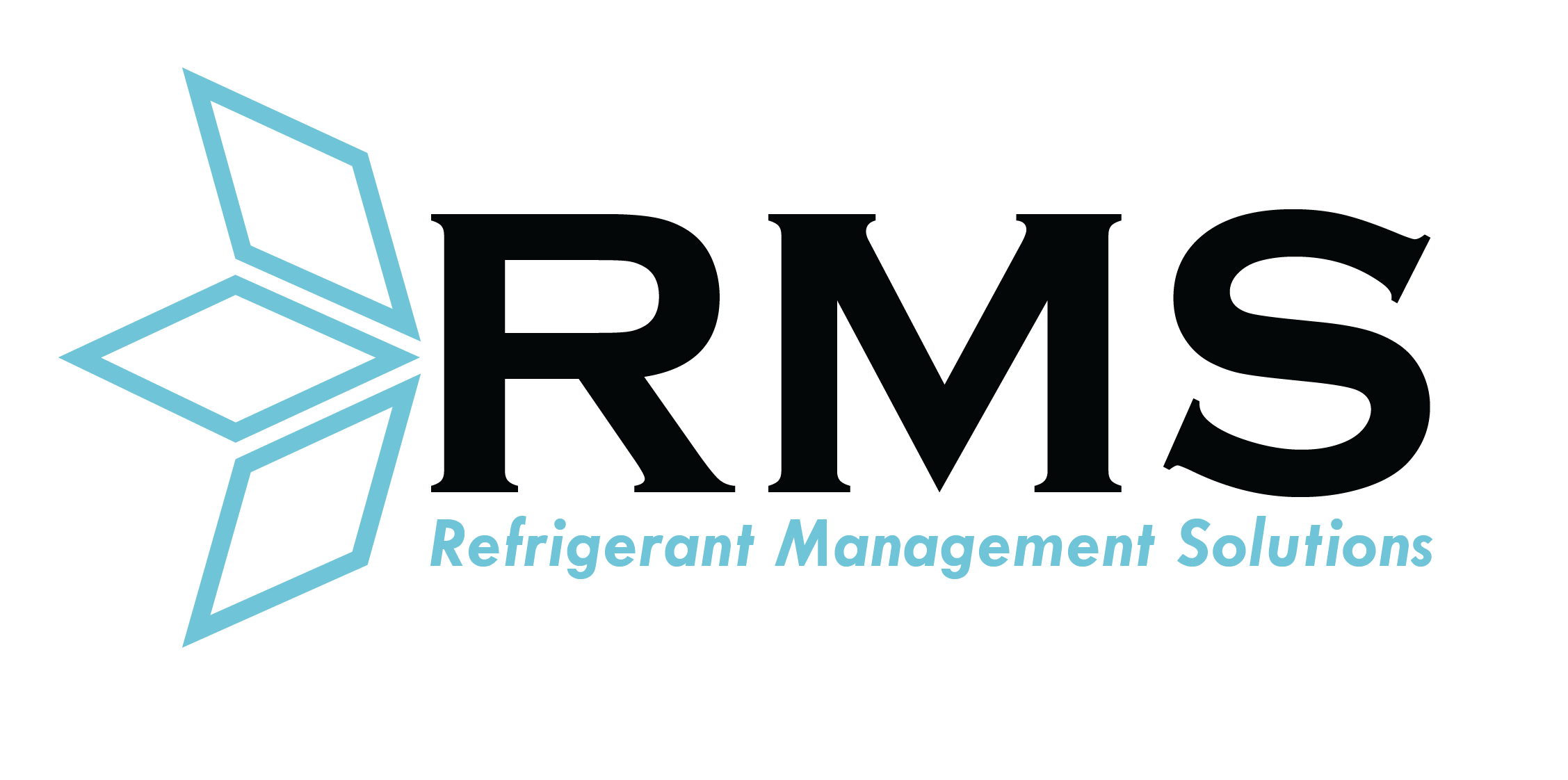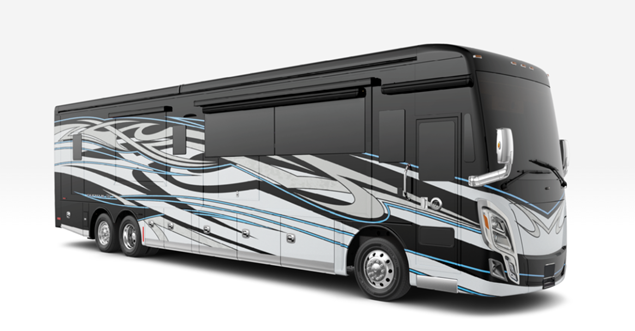This article provides further clarification on some questions posed in my article from 4/22/2024, called “California Turns Up the Heat on HFC Refrigerants.” I heard from several of you who had done your own pondering about those questions, and I received more than a few requests to let you all know if I had further information about any or all my questions. Well, here you go!
As a refresher, and so you don’t have to go back and re-read the first article, the issue here is California’s law that states that it is illegal as of 1/1/2025 to offer for sale or distribution, or otherwise enter into commerce in the state, bulk hydrofluorocarbons … with a global warming potential greater than 2,200. The only exemption is reclaimed refrigerant. To boil this down to its essence, this means that as of 1/1/2025, existing R-404A equipment must be serviced with reclaimed refrigerant.
While RMS did pose the questions in the first article to CARB, we did so informally, and we didn’t do so with the intent to quote them in this article, so I’m not going to do that here. The people we know at CARB have always been very happy to help clarify anything we’ve ever asked them, but we know that they don’t represent everyone at CARB, and we realize that when we ask them questions about gray areas that aren’t specifically addressed in the regulations, we make their lives a bit more difficult than they would be if we lost their email addresses. So, let’s just say that the responses below are based on additional input I’ve received in the course of multiple conversations with multiple people, and we’ll leave it at that.
In terms of how I’m going to lay out the rest of this article, I will list each question from the first article, I’ll then add the information and perspectives I’ve gathered, and then because I can’t control myself, I will make things murky again by offering my additional commentary. Got it? Ok, here we go.
Question 1: The law states that it is illegal to offer the banned virgin bulk refrigerant “… for sale or distribution, or otherwise enter into commerce in the state ….” Is it legal for someone who works for a food retail company to drive from California to a neighboring state, buy virgin R-404A, and then drive back to California and use that virgin refrigerant in the company’s systems?
In this scenario, the sale of the refrigerant – the commerce – happens outside of California. The seller is not a California company; in fact, the seller may not even know where the state of California is. The only part of this whole scenario that happens in California is the use of the bulk virgin refrigerant. No money changes hands in California.
Additional perspective: Evidently, according to people who should know about these things, “using” a refrigerant in California is considered commerce, regardless of whether any money exchanged hands in California. It doesn’t matter where you purchased the refrigerant. Just to beat a dead horse: using any bulk refrigerant with a GWP greater than 2200, other than reclaimed refrigerant, is banned in California as of 1/1/2025. Those of you who’ve been carrying around a photo of a new 45-foot Tiffin Zephyr RV with a fireplace, a central vacuum system, a stacked washer and dryer, four smart TVs, and a basement freezer that you were going to finance with cross-border virgin 404A trips need to come up with an alternative way to finance your dream.
Further murk-inducing comments: This would be a very interesting project for an unpaid summer legal intern (words that are only ever uttered by former law students). If you are not interested in general in the law and/or you really don’t care what former law students think, then feel free to skip to the next question. While the US Commerce Clause (the part of the US Constitution that allows the federal government to regulate interstate commerce) is clear that “use” is considered commerce for purposes of deciding whether the federal government has the power to regulate something, that’s not what we are talking about here. We are talking about a state regulating its own commerce. One could argue that the dormant Commerce Clause, also called the negative Commerce Clause, limits California’s authority to regulate interstate commerce. I’m not sure who would win this argument if someone decided to test this in court, and I will likely never know, because who would ever think it’s a good idea to spend millions to test this in the California court system when a cylinder of reclaimed refrigerant costs (merely) several hundred dollars? But again, if there are any law school interns still looking for an unpaid internship this summer (and I cannot stress the word unpaid enough), let me know.
Question 2: If the definition of “bulk refrigerant” excludes refrigerant that is factory-charged “in a manufactured product,” does the California ban apply to packaged air-conditioning units and self-contained refrigerated cases?
Additional perspective: As long as the factory-assembled, factory-charged appliance is manufactured outside California, then it seems to be true that virgin 404A, for example, which is pre-charged in the product is not considered bulk refrigerant. If the pre-charged product is manufactured in California, then the refrigerant ban applies.
Further murk-inducing comments: Does this even matter, since it will be illegal under the EPA’s Technology Transitions Rule to manufacture products with refrigerants with GWPs greater than 150 as of 1/1/2025, which is the same date that the bulk refrigerant ban goes into effect? In other words, who cares if it is technically legal to purchase pre-charged 404A appliances in California after 1/1/2025, if it is illegal under EPA regulations to manufacture products (factory-assembled, factory-charged) with a GWP greater than 150 at that point? Well … after throwing around a whole bunch of scenarios with Leia Waln (the only person I know who has memorized every refrigerant regulation in the United States), as if we both had nothing else to do, we finally think we came up with a reason why this does matter. If this already makes your head hurt, feel free to take a few Tylenols and skip to the next question, because this gets really wonky. While it is illegal to manufacture products with GWPs greater than 150 as of 1/1/2025 under the EPA’s Technology Transitions Rule, the EPA does allow a 3-year sell-through period of products with high GWP refrigerants manufactured prior to that date. So technically speaking (as far as we can figure out), while a 404A product that is manufactured on 12/31/2024 would be able to be sold in the rest of the country up until 12/31/2027, it would be illegal to purchase that 404A product in California under the bulk refrigerant ban, if it weren’t for the fact that the 404A that is pre-charged in products isn’t considered a bulk refrigerant under the California law. I get it of you think this is still murky as hell. I do too … and I just explained it to myself.
Question 3: Does California truly mean to only exempt reclaimed refrigerant from the bulk refrigerant ban, or can food retailers re-use their own unprocessed, recovered refrigerant or their own recycled refrigerant in their systems after 1/1/2025?
It would seem that the state would be just as happy, if not happier, to have you re-use your own recovered R-404 (whether recycled or not); after all you don’t have all the greenhouse gas emissions affiliated with first transporting your used refrigerant to the reclaimer and the emissions affiliated with the actual reclamation process. That would be a win-win for the environment, wouldn’t it?
Additional perspective: Unfortunately, it seems to be true that California law does only exempt reclaimed refrigerant from the bulk refrigerant ban. So, if you want to use a refrigerant with a GWP greater than 2200 to service your existing equipment after 1/1/2025 in California, the refrigerant must be reclaimed.
Further murk-inducing comments: I don’t know why this works this way. It seems that the intent of the regulation is met by using your own recovered and/or recycled gas. In fact, you’d think re-using your own recovered refrigerant would be even better for the environment than using reclaimed refrigerant, because you avoid the emissions that are caused by transporting used gas to the reclamation facility, as well as the energy required to reclaim the refrigerant. And I don’t know how using your own recovered refrigerant has anything to do with commerce. You certainly aren’t buying the refrigerant or selling it. That’s like saying that using the compost created from a year’s worth of banana peels in my garden is engaging in commerce. This seems very, very, very murky to me. Even after explaining it to myself several times.
Well, there you have it. For what it’s worth. It will certainly be interesting to see how all of this plays out in the future.
The information in this article is not intended as legal advice or as a substitute for the particularized advice of your own counsel. Anyone seeking specific legal advice or assistance should retain an attorney. Especially since this is all still so murky.




